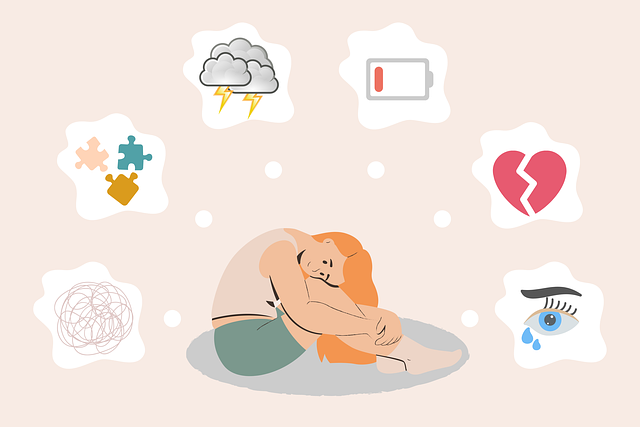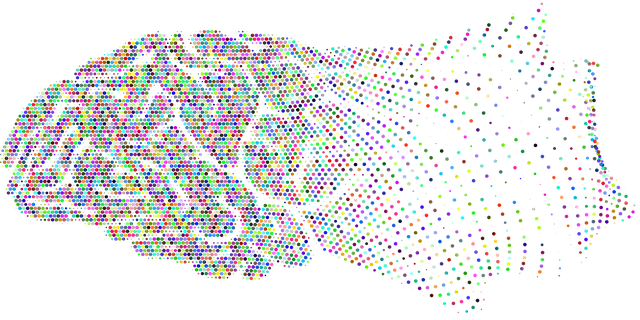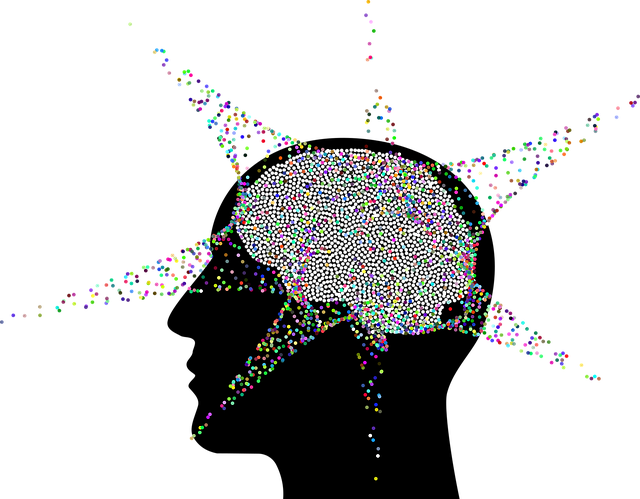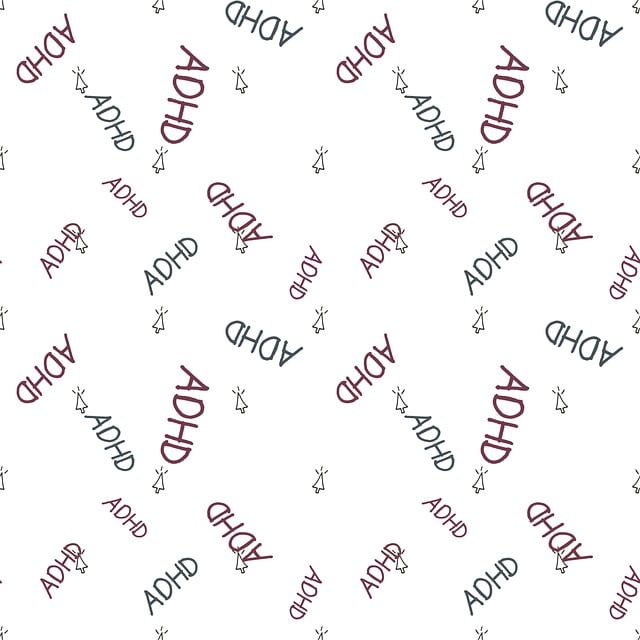Aurora Gambling Therapy's effectiveness is assessed through a multi-faceted approach combining quantitative and qualitative metrics. Key performance indicators track objective improvements in gambling behaviors, stress levels, and emotional distress frequency. Subjective data from surveys, interviews, and questionnaires measure perceived gains in coping skills and mental wellness. The program's reach is also evaluated through public awareness campaign metrics and community education initiatives. Participant feedback is crucial for refining the program, ensuring accessibility, inclusivity, and personalization. Long-term success is measured by tracking positive changes over time, including reduced gambling-related distress and improved coping mechanisms. Trauma Support Services and cultural competency training empower professionals to address unique challenges, fostering resilient communities prioritizing mental wellness.
Evaluating mental wellness programs is paramount to ensuring their effectiveness and impact. This article explores three key methods for assessing the success of Aurora Gambling Therapy, a pioneering initiative aimed at addressing critical mental health issues. We delve into the metrics and tools used to gauge program effectiveness, the power of participant feedback for continuous improvement, and long-term tracking methods to determine sustained positive outcomes. By examining these aspects, we can gain valuable insights into enhancing and sustaining mental wellness programs like Aurora Gambling Therapy.
- Assessing Program Effectiveness: Metrics and Tools for Aurora Gambling Therapy
- Participant Feedback and Experience: Unlocking Insights for Improvement
- Long-term Impact and Sustainability: Measuring Mental Wellness Program Success
Assessing Program Effectiveness: Metrics and Tools for Aurora Gambling Therapy

Evaluating the effectiveness of Aurora Gambling Therapy requires a comprehensive approach, leveraging various metrics and tools to measure its impact on participants’ mental wellness. The success of such programs can be assessed through quantitative and qualitative methods, providing insights into their overall efficacy. Key performance indicators (KPIs) include changes in gambling-related behaviors, stress levels, and the frequency of emotional distress before and after the program. Surveys, interviews, and self-assessment questionnaires are valuable tools to gather data on participants’ subjective experiences, coping skills development, and improvements in managing stress, anxiety, or depression related to gambling.
Additionally, measuring the reach and impact of Aurora Gambling Therapy extends beyond individual outcomes. Public Awareness Campaigns Development metrics can assess the program’s contribution to raising awareness about responsible gaming and the signs of problem gambling within communities. These evaluations are essential for demonstrating the organization’s commitment to promoting mental wellness and providing effective support through Stress Management Workshops Organization initiatives, ultimately fostering a healthier and more informed society.
Participant Feedback and Experience: Unlocking Insights for Improvement

Participant feedback is a powerful tool for evaluating mental wellness programs like Aurora Gambling Therapy. By gathering insights from those who directly engage with the program, organizers can uncover valuable information about its effectiveness and areas for improvement. This feedback offers a unique perspective, as it comes directly from individuals who have experienced the program’s offerings, including therapy sessions, support groups, and coping skills development workshops.
Through surveys, interviews, or focus groups, participants can share their experiences, highlighting what worked well and what could be enhanced. For instance, they might offer suggestions for improving the accessibility of services, enhancing the inclusivity of group activities, or tailoring programs to better meet diverse needs. This information is invaluable for refining the Community Outreach Program Implementation strategies, ensuring that Aurora Gambling Therapy continues to provide relevant and impactful mental wellness solutions.
Long-term Impact and Sustainability: Measuring Mental Wellness Program Success

Evaluating the long-term impact and sustainability of mental wellness programs is crucial to understanding their overall success, especially in areas like Aurora Gambling Therapy where addressing complex issues requires sustained support. Beyond immediate outcomes, measuring the program’s ability to foster positive changes over an extended period provides valuable insights into its effectiveness. This includes tracking participant well-being, behavioral shifts, and recovery maintenance strategies adopted after completion of the program.
By incorporating metrics that capture these aspects, such as reduced gambling-related distress, improved coping mechanisms, and enhanced social support networks, mental health education programs design can be refined. Additionally, Trauma Support Services and Healthcare Provider Cultural Competency Training play a pivotal role in ensuring longevity by equipping professionals with skills to address unique challenges effectively. This holistic approach not only enhances the immediate impact but also contributes to building resilient communities where mental wellness is prioritized and sustained.
The evaluation of mental wellness programs, such as Aurora Gambling Therapy, is multifaceted. By combining quantitative metrics with qualitative participant feedback, we gain a comprehensive understanding of program effectiveness and impact. Assessing both short-term outcomes and long-term sustainability ensures that initiatives like Aurora Gambling Therapy continue to foster positive mental health in the community. Through ongoing evaluation, we can refine and enhance these programs, ultimately improving lives and creating lasting change.












